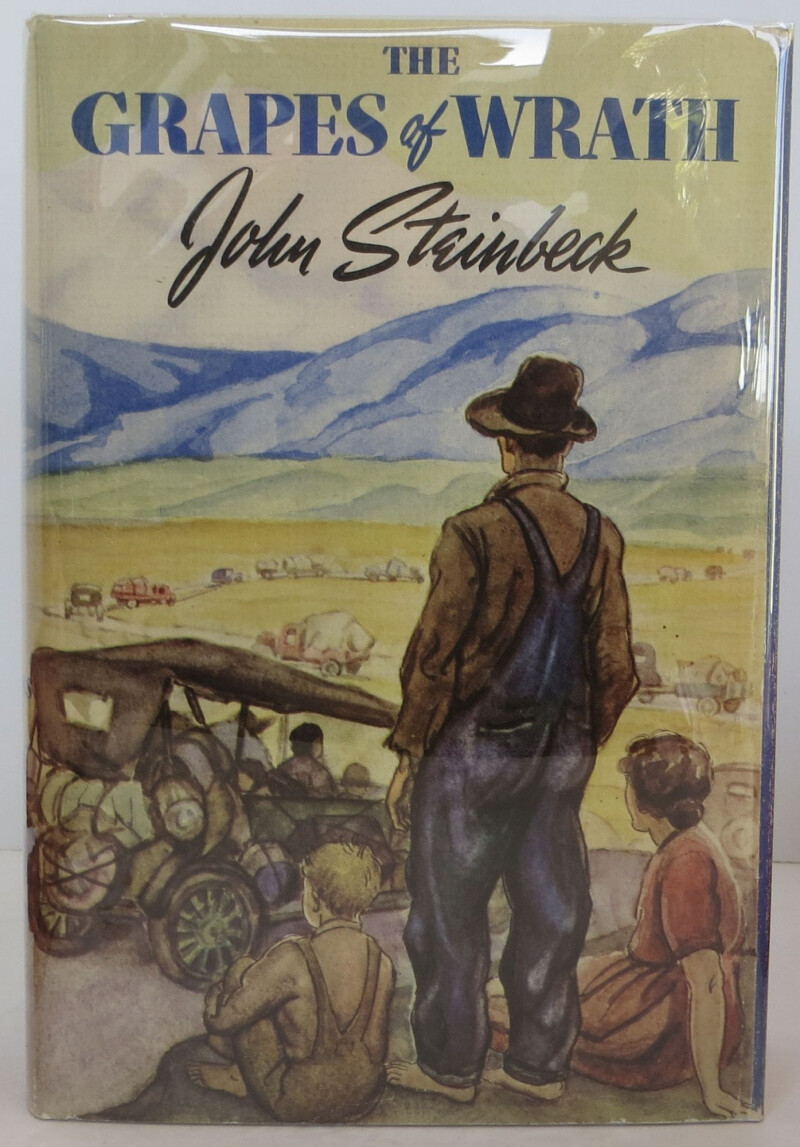Jenny Uglow is a British biographer, historian, and critic, best known for her richly detailed cultural histories and biographies that bring to life writers, artists, scientists, and social figures.
She wrote The Lunar Men: The Friends Who Made the Future, 1730–1810 (2002), which explores the lives of the Lunar Society of Birmingham—a group of pioneering thinkers, inventors, and industrialists in 18th-century England, including Erasmus Darwin, Matthew Boulton, James Watt, Joseph Priestley, and Josiah Wedgwood. The book was widely acclaimed for its lively narrative style, scholarly depth, and ability to weave together science, industry, politics, and personal lives into a compelling portrait of the early Industrial Revolution. It won the James Tait Black Memorial Prize and was shortlisted for several other major awards.
Beyond The Lunar Men, Uglow has written many other significant works, such as:
• Elizabeth Gaskell: A Habit of Stories (1993), a biography of the novelist.
• Hogarth: A Life and a World (1997), which won the Whitbread Biography Award.
• Nature’s Engraver: A Life of Thomas Bewick (2006), about the wood engraver and natural history illustrator.
• Mr Lear: A Life of Art and Nonsense (2017), a biography of Edward Lear.
Her writing is admired for combining deep research with a warm, human touch that makes historical figures vivid and relatable. She has also been an editor at the publishing house Chatto & Windus and has contributed reviews and essays to literary journals and newspapers.
Would you like me to give you a summary of The Lunar Men itself—what it covers and why it’s considered important?
Great — here’s a clear overview of Jenny Uglow’s The Lunar Men and why it matters:
What the Book is About
The Lunar Men: The Friends Who Made the Future, 1730–1810 (2002) tells the story of the Lunar Society of Birmingham, an informal group of inventors, scientists, industrialists, and radical thinkers who met regularly in the late 18th century. They called themselves the “Lunaticks” because they met on the Monday nearest the full moon, so they could travel home by moonlight.
The core figures were:
• Erasmus Darwin – physician, poet, natural philosopher (and grandfather of Charles Darwin).
• Matthew Boulton – entrepreneur and manufacturer, who with James Watt developed the steam engine.
• James Watt – engineer and inventor, whose improvements to the steam engine powered the Industrial Revolution.
• Joseph Priestley – dissenting minister and scientist, discoverer of oxygen.
• Josiah Wedgwood – master potter, innovator in ceramics, and savvy businessman.
Themes & Importance
• Science Meets Industry – The book shows how scientific curiosity translated into practical inventions: steam engines, chemical processes, pottery innovations, and advances in medicine.
• Radical Ideas – Many of these men were politically and religiously nonconformist, supporting causes like abolitionism, wider education, and democratic reform. This sometimes brought them into conflict with conservative society (Priestley’s house was even burned down in riots).
• Friendship & Collaboration – Uglow emphasizes how much of their progress came not from isolated genius but from collaboration, conversation, and sharing ideas across disciplines.
• The Making of the Modern World – The Lunar Society’s ideas and inventions shaped the Industrial Revolution, influencing not just technology but also philosophy, politics, and culture.
Style & Reception
Jenny Uglow’s style is vivid and narrative-driven — she blends biography, science writing, and social history. Instead of focusing on one “great man,” she paints a group portrait, showing how their intertwined lives and friendships created a web of innovation.
The book was praised as both deeply researched and highly readable. It won the James Tait Black Memorial Prize for biography and was widely reviewed as a landmark in popular history writing.
👉 Would you like me to give you a chapter-by-chapter breakdown of The Lunar Men so you can see how Uglow structures the story, or more of a short thematic summary that captures the essence without too much detail?


